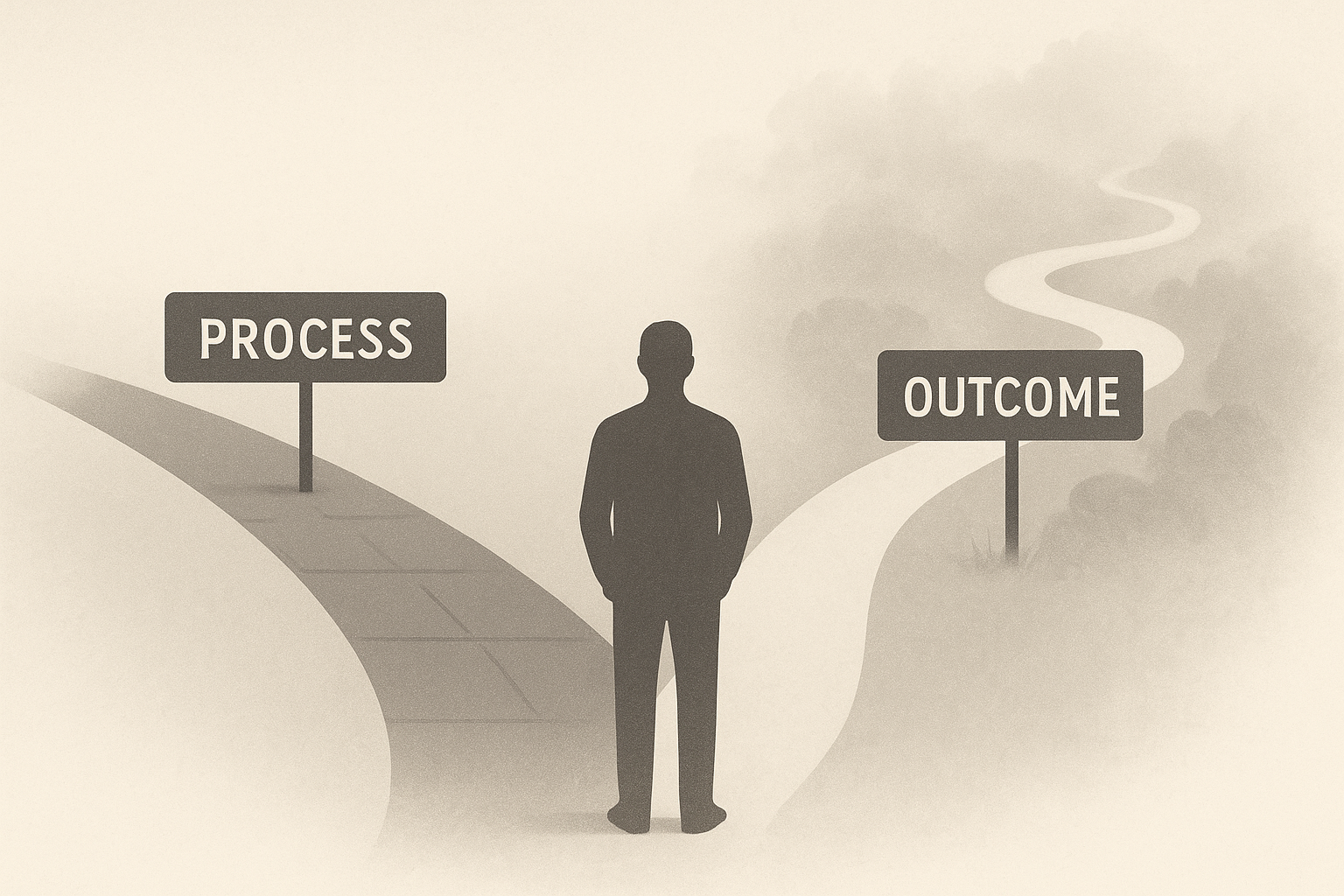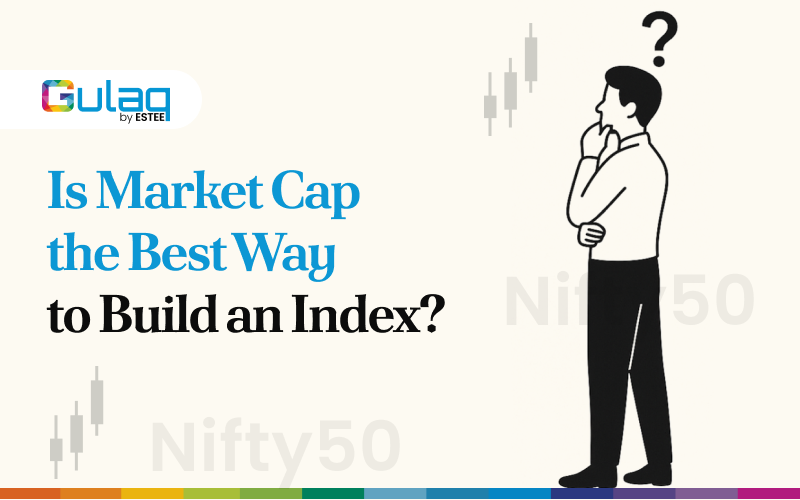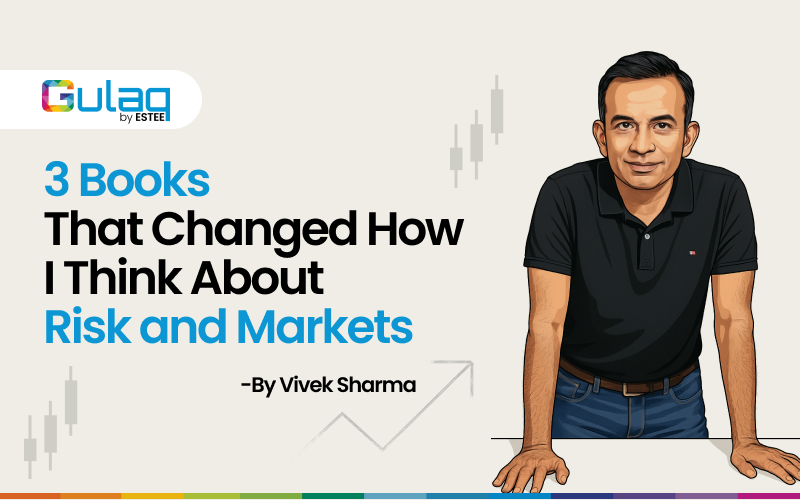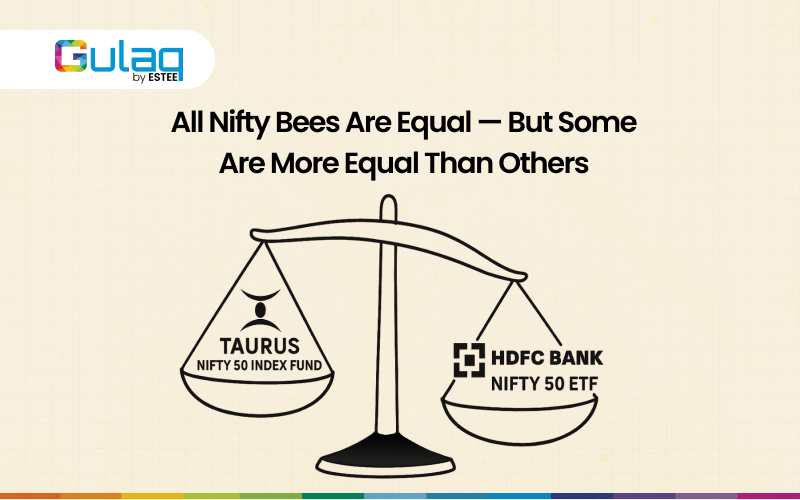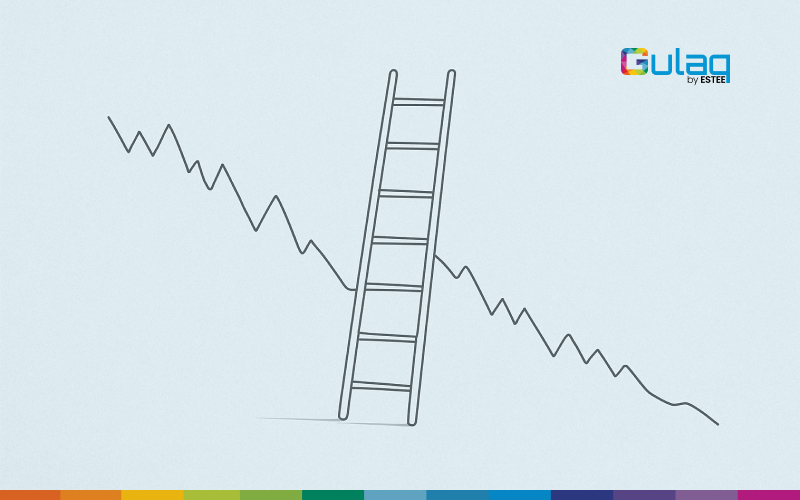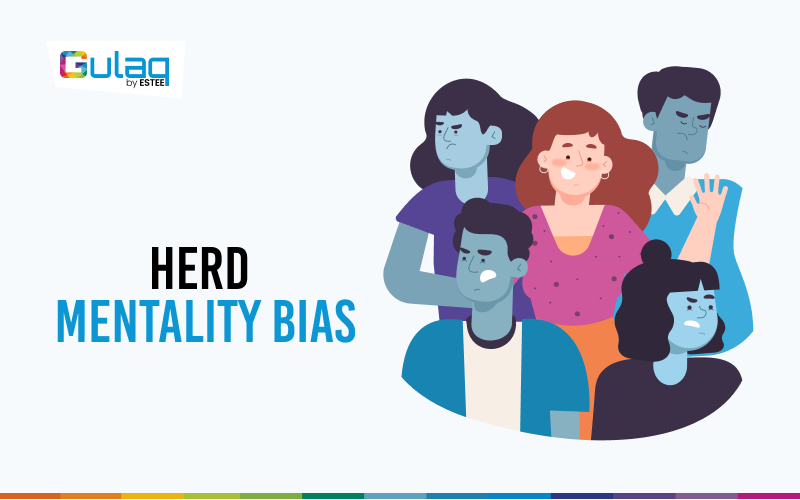
Herd Mentality Bias
Which one do you pick?
Most people in this scenario would choose the busier restaurant. While some might be rationally concluding that more crowd means better food (which may or may not be true), many are simply following the crowd.This behavior is a classic example of “Herd Mentality Bias.” Humans tend to think and act in herds. We often follow the crowd and do what others are doing, even when it might not make sense to them individually.
French philosopher and writer Albert Camus said it best, “People would rather be wrong together than be right alone.”
While one might think that one should avoid falling prey to this bias all the time, one can actually use this bias to his advantage.
For instance, when deciding on a movie to watch, I always make a point to check out the IMDB reviews (especially the negative ones) and evaluate whether the movie is worth my time or not. While the good reviews don’t guarantee that the movie will be to my liking (e.g., La La Land), it certainly increases the probability.
In situations when we have limited information or expertise, following the majority can lead to better outcomes, as the collective knowledge of a group often outweighs that of any single person. However, in some instances, it can also lead individuals to make irrational decisions (discussed later in the article).
Why do we think & act in herds?
A survey conducted by the CFA Institute found that herd mentality bias is the most common bias that affects investment decisions.<This tendency of humans to think and act in herds has an evolutionary reason behind it. Before we got civilized, we used to live in tribes as hunters & gatherers for hundreds & thousands of years. And in the wild, being excluded from the tribe meant certain and imminent death. Therefore, people evolutionarily got hard-wired to stick to the tribe and avoid social exclusion at all costs.
Although times have changed, we still retain our animalistic urge to avoid social exclusion at all costs. This urge is so strong that a study done by Eisenberger and Lieberman found that social exclusion not only causes mental pain but physical pain as well. The same area of the brain responded to social exclusion that responds when exposed to intense physical pain, so much so that Eisenberger and Lieberman compared the pain from social exclusion to that of your arm being broken regularly.
While herd mentality often proves to be advantageous, in certain instances, it can also lead individuals to make irrational decisions that can impose significant costs (e.g., Stock market bubbles) and one must avoid it at all costs.
How to Avoid?
- Decision-making framework
Being a contrarian takes a lot of courage and is not for the faint of hearts. To be a contrarian, one must build a strong framework for decision-making.
For example, during the early 2000s when the market pushed internet companies at crazy valuations, Warren Buffett refused to buy into these companies as it did not satisfy his investment framework.
He argued that at their current market valuation, these internet companies would have to generate about $50 to $80 billion in annual cash flows (depending upon the timing of cash flows) to yield even a 10% required rate of return. And since no business around that time was generating such kind of cash flows, the most logical explanation was that the markets were in a bubble. - Contrarian
Another way to avoid herd bias is to think contrary to the populist opinion. For example, during the 2008 Global Financial Crisis, when uncertainty prevailed regarding the future of financial markets and people showed excessive pessimism, Howard Marks adopted a contrarian view and went long on many asset classes.
Marks quoted in the memo to his investors – “While skepticism calls for pessimism during periods of excessive optimism, it also requires optimism when pessimism was excessive.” - Seek Diversity of Opinion
Surround yourself with people of diverse opinions and backgrounds. This diversity minimizes the risk of succumbing to herd mentality bias.
- Rule-based Investing
Adopt a rule-based investing style to mitigate emotional biases. Develop investment strategies unemotionally and let the strategy guide investment decisions during emotionally charged situations.
Bottom Line
We are evolutionarily programmed to fall prey to the herd mentality bias which is why it is the most common bias that affects our investment decisions and is one of the most difficult ones to avoid. While following the herd can be advantageous when possessed with limited information or expertise, it can also lead to irrational decisions at times. Avoiding the bias is no easy task and requires an individual to build a strong set of fundamentals for decision-making and possess a lot of courage.
Thank you for Reading!
Related Posts
Process Matters More Than Outcome
I have spent nearly a decade of my life trading energy derivatives, and today I…
Is Market Cap the Best Way to Build an Index?
Nifty 50 is a free-float weighted index – a slight variation of market cap weighted…
3 Books That Changed How I Think About Risk and Markets
Over the past two decades, I’ve built a quiet but consistent habit — reading. Not…
All Nifty Bees Are Equal — But Some Are More Equal Than Others
The title, inspired by George Orwell’s classic Animal Farm, perfectly captures the essence of this…

